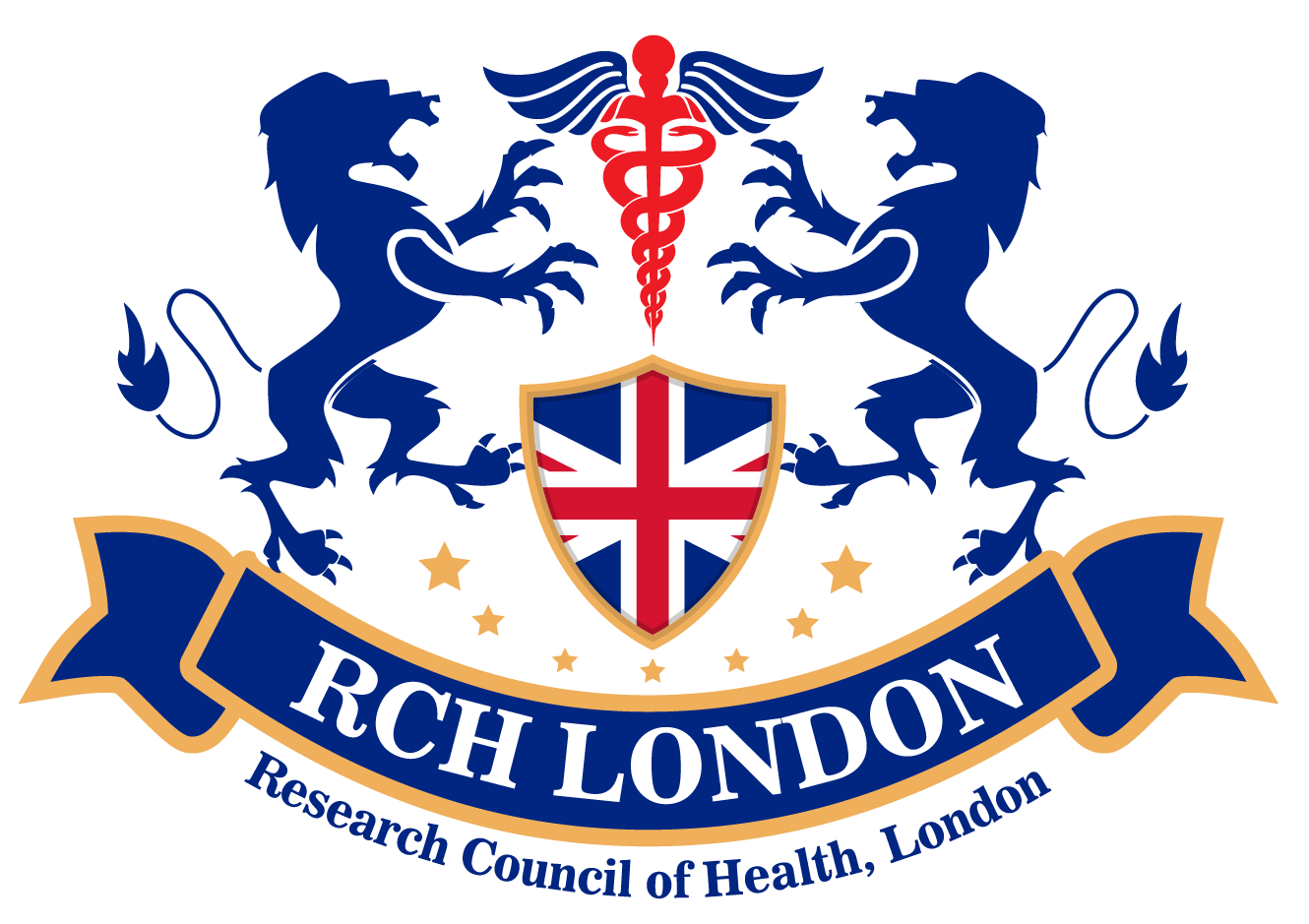Course Structure
Module 1-Symptoms,Signs and Investigation:
Module Aims
Establish an understanding of Respiratory Anatomy and Physiology and apply this to the clinical assessment and investigation of common respiratory symptoms.
Module Content
Impact, burden and epidemiology of Lung diseases
Anatomy and Physiology of the Respiratory systems
Clinical Assessment and Clinical Examination
Breathlessness and Wheeze, Cough and Sputum.
Spirometry
Other Respiratory Investigations (X-rays, blood tests and more complex lung function tests).
Learning Outcomes
Recognise the impact of respiratory disease on society and the importance of epidemiology in the diagnosis and management of respiratory conditions.
Demonstrate an understanding of anatomy and the physiology of the respiratory system and relevance to the pathophysiology of respiratory disorders.
Compare and contrast the range of presenting symptoms in respiratory disease and how they are investigated.
Module 2-Asthma and Allergy:
Module Aims
To develop an in-depth understanding of Asthma and Allergy and its impact on patient life.
Module Content
Asthma Diagnosis and Investigation
Allergy and anaphylaxis
Pharmacological management
Non-pharmacological / self-management
Co-morbidities (obesity, OSA, bronchiectasis, rhinitis, depression)
Difficult Asthma
Learning Outcomes
Identify common causes of allergy and anaphylaxis, their investigation and treatment.
Demonstrate an understanding of the diagnosis, treatment and management of Asthma
Appreciate the role of co-morbidities and their relationship to difficult asthma
Formulate a coherent approach for assessing, investigating and managing patients with difficult asthma
Module 3-Chronic Obstructive Pulmonary Disease:
Module Aims
Develop a comprehensive understanding of the presentation, diagnosis and management of patients with COPD.
Module Content
Early and accurate diagnosis
Pharmacological management (including oxygen therapy)
Non-pharmacological management (smoking cessation, pulmonary rehabilitation and assisted technology)
Management of exacerbations (acute and chronic, ICS debate, NIV, ceiling of treatment)
Co-morbidities (osteoporosis, heart disease and depression)
End of life care, palliative care and advance care planning
Learning Outcomes
Outline a robust approach to the diagnosis and investigation of patients with COPD
Compare and contrast pharmacological and non-pharmacological interventions in COPD, focusing on their strengths and limitations
Recognise the importance of exacerbations and co-morbidities in COPD and their effects on patient morbidity and mortality
Critically evaluate the role of palliative and end of life care in COPD, focusing on strengths and weakness of services in their locality
Module 4-Thoracic Oncology and Pleural Disease:
Module Aims
Develop an in-depth understanding of the presentation, investigation and management of thoracic malignancy and pleural disease
Module Content
Lung cancer – screening, red flags, solitary pulmonary nodules
Lung cancer – diagnosis and staging
Lung cancer - treatments
Asbestos related pleural disease
Pleural effusion and pneumothorax
The interface and ethics (MDT, working across boundaries, communicating difficult diagnoses, when to stop treatment)
Learning Outcomes
Critically evaluate screening programmes, diagnostic investigations and treatments in lung cancer
Formulate a robust approach for investigating and treating patients with pleural disease
Justify the role of the multidisciplinary team in the management of malignant and non-malignant respiratory disease
Module 5-Repiratory Infection-Diagnosis and Management:
Module Aims
Develop a comprehensive understanding of pulmonary infection, its investigation and management
Module Content
Tuberculosis and non-tuberculous mycobacterial disease
Pneumonia (including community acquired and hospital acquired)
Respiratory tract infection (bronchitis, URTI, bronchiolitis)
Bronchiectasis and Cystic Fibrosis
Infections in the immunocompromised patient (HIV, immunomodulatory drugs, atypical infections)
Antibiotic guardianship
Learning Outcomes
Contrast the presentation, diagnosis and management of different respiratory pathogens
Demonstrate an understanding of antimicrobial side effects and resistance, and the importance of antibiotic guardianship
Describe the role of more rare pathogens in immunosuppressed patients and develop a robust approach to diagnosing such infections
Module 6-Wider Respiratory Horizon:
To develop an in-depth knowledge and understanding of interstitial lung disease, pulmonary vascular disease and conditions resulting in respiratory failure
Module Content
Idiopathic Pulmonary Fibrosis
Other interstitial lung diseases
Venous thromboembolic disease and pulmonary vascular disease
Lung disease in my environment (occupational lung disease, children, flying and diving, dysfunctional breathing)
Lungs at the extremes (age, obesity, illegal drugs)
Sleep disordered breathing and ventilatory failure
Learning Outcomes
Compare and contrast the presentation, investigation and management of interstitial and pulmonary vascular disease
Outline and differentiate conditions that lead to ventilatory failure, including sleep disordered breathing
Outline and differentiate respiratory conditions that pertain to a particular environment or country



